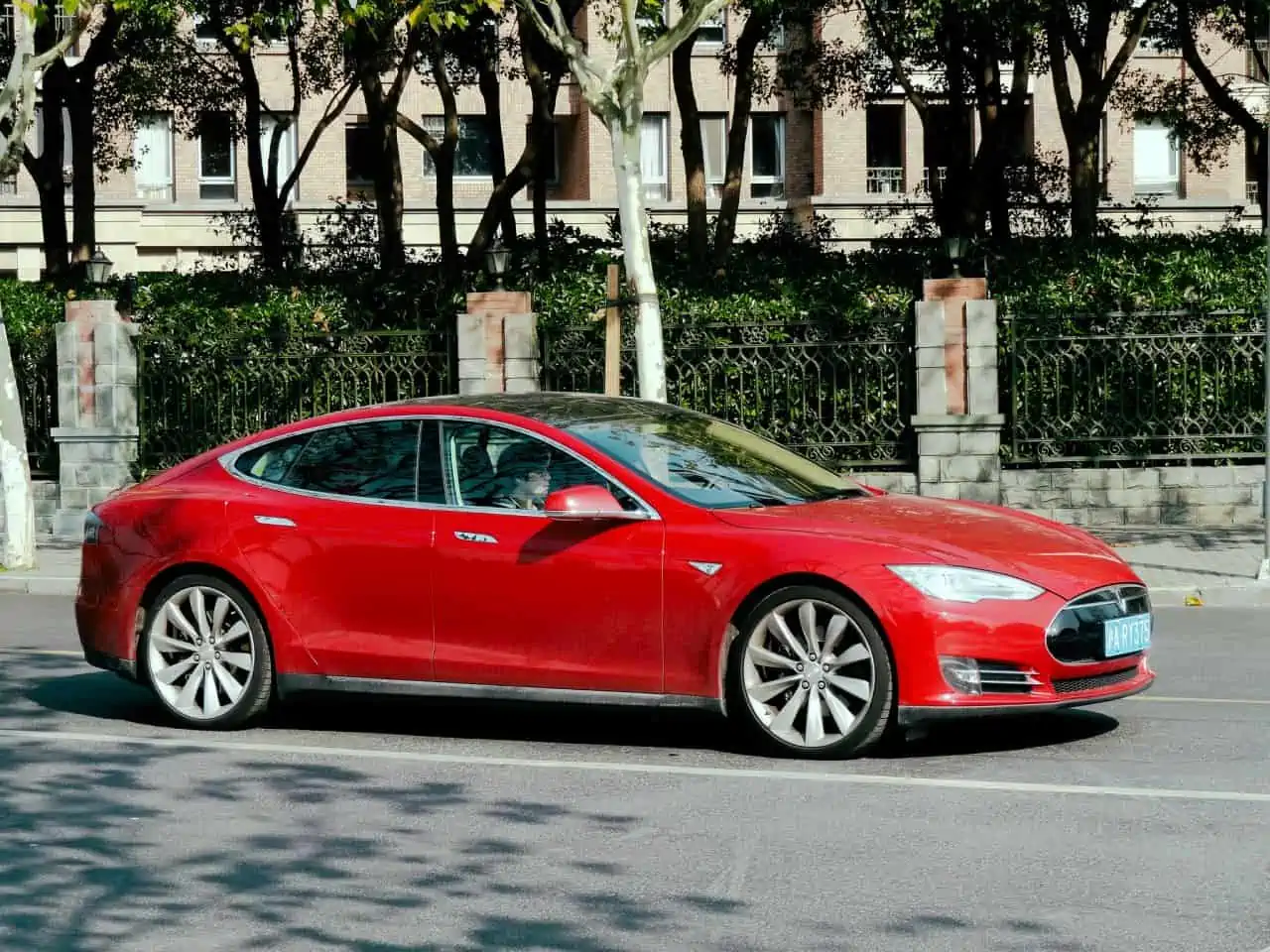The electric vehicle market has experienced significant growth in recent years – and is now celebrating a record year for new registrations in 2017. Averaging over 4,000 new registrations per month in 2017, business is at an all-time-high considering only 3,500 electric vehicles were registered in the entire year of 2013. Popularity growth can be attributed to the developments in the industry that are slowly but surely overcoming the initial setbacks of electric vehicles.
Manufacturers are aware of the strain that battery life and mileage range have put on the industry, so are working hard to stamp out the strain – whilst the government plan to build more charging points to appeal to the demand. Nissan have recently launched their new Nissan Leaf with longer range and a one pedal driving system. The new Leaf is said to be able to travel around 50% further on one single charge than previous models. The Nissan Leaf is already branded as one of the most popular all-electric motors with over 283,000 sold since the model launched in 2010 – only coming behind the Mitsubishi Outlander PHEV. The new updates to the Leaf could push it up to the top spot, now it is able to travel further without needing to be charged.
Electric vehicles and their technology are expected to transform the automotive industry – and Nissan’s one pedal driving system is just one example of how it might also transform the driving process. The system, which at the press of a button turns the accelerator into an e-Pedal, can function to start, accelerate, brake and stop the vehicle. Whilst drivers can still choose to operate their vehicle with a separate accelerator and brake, the system, if used, will also provide added energy efficiency gains.
Here, VW dealership, Vindis discuss the more pressing developments to be introduced to the industry.
A request for more charging points
If the progress in 2017 is anything to go by, we could experience the same and more in 2018 meaning there will be demand for an influx of more charging points. By May 2017, there were more than 4,300 charging locations, with 6,700 charging devices and 12,500 connectors. However, we will need to continue to build more charging points to fill demand. And if we are to overcome the ongoing headache that is a full battery charging time of 8 hours, we will need an influx of rapid charging points which can charge up to 80% of an electric battery in just 30 minutes, as opposed to slower charge points. Thanks to a multimillion pound deal with ChargePoint back in May 2017, InstaVolt are installing at least 3,000 rapid charging points across fuel station forecourts across the UK.
Our current infrastructure will struggle to power the additional charging points if we are to believe reports from the National Grid. They believe peak demand for electricity could increase by 50%, if and when the nation switches to electric vehicles – which could be sooner than we think now that a new pan-European EV charging network has been announced too. IONITY, set up by the BMW Group, Daimler, Ford, and the VW Group with Audi and Porsche, launched the network early November 2017, and plans to work on 20 ultra-rapid charging points has already begun as they target for 400 points across Europe by 2020. 2018 is forecast to see the network expand across more than 100 locations with the intentions of making long distance EV travel easier.
Powering the future
Electric vehicles have some strong competition when it comes to refuelling with petrol and diesel engines are still able to be refuelled significantly quicker than charging an electric battery. The faster charging batteries available, take up to 30 minutes at a rapid charging point to fully recharge – however, new research, as reported on by the Express, suggests a solution to this problem. Researchers claim they could have developed an ‘instantly rechargeable’ method that recharges an electric battery in the same time as it would take to fill a gas tank – a solution to the biggest headache of electric vehicles. This would revolutionise the EV industry, as battery life and its charge has been the biggest challenge for the industry. The new method is said to use fluid electrolytes to re-energise battery fluids – reducing the need for new infrastructure to support further recharging solutions.
More developments in the industry could be in the pipeline as the UK government continue to outline their plans to reach their 2040 target of eliminating petrol and diesel cars. If manufacturers can truly cut down the time it takes to recharge the battery, and develop batteries that can travel further, the industry could be revolutionised and experience an influx of drivers wanting to get their hands on an EV. Watch this space!
Sources
http://www.nextgreencar.com/news/8211/ionity-ultrarapid-charging-network-launches-in-europe/
http://www.nextgreencar.com/electric-cars/statistics/
http://www.express.co.uk/life-style/cars/813735/Electric-car-charging-battery-new-technology

